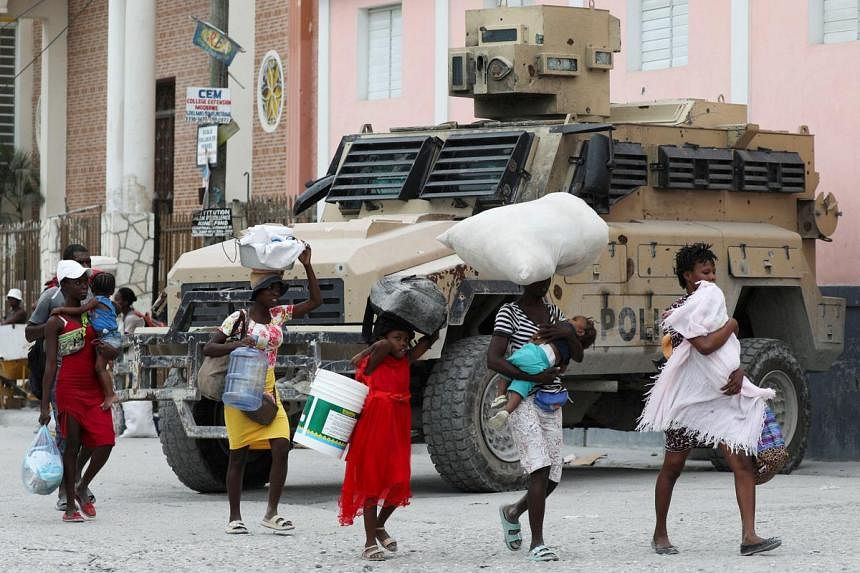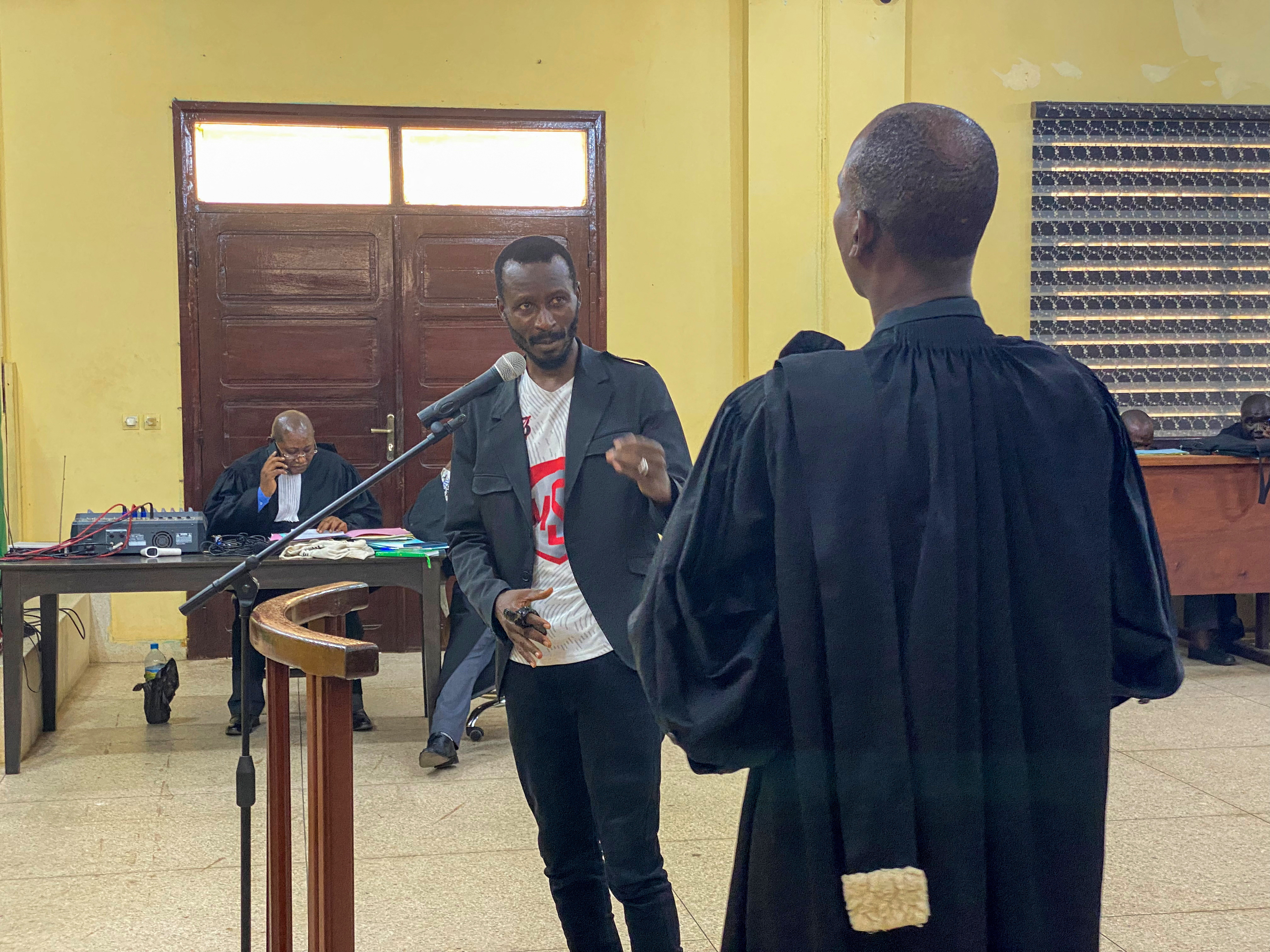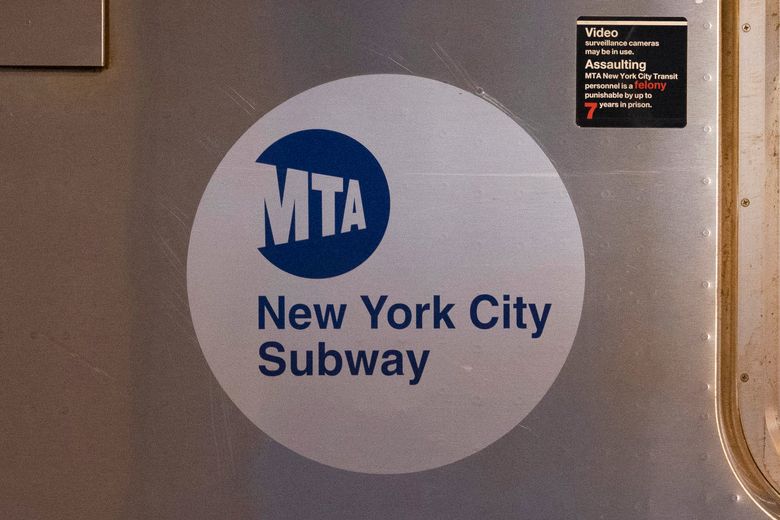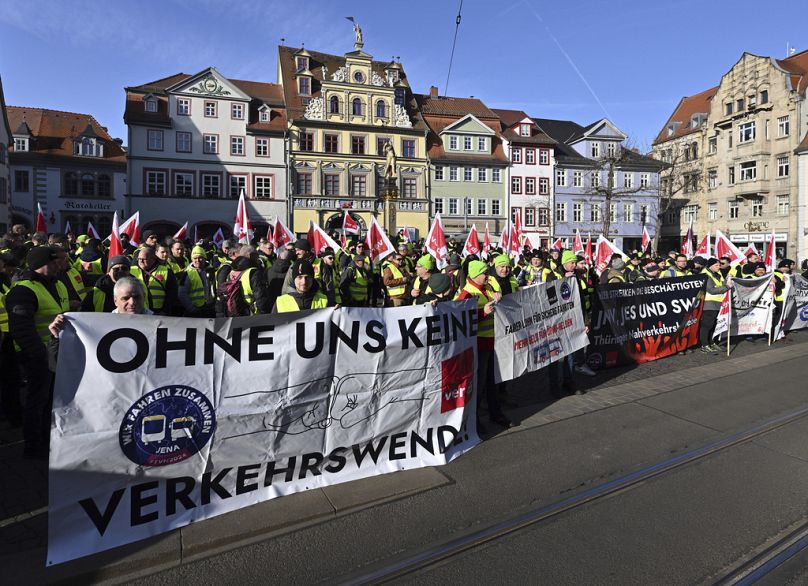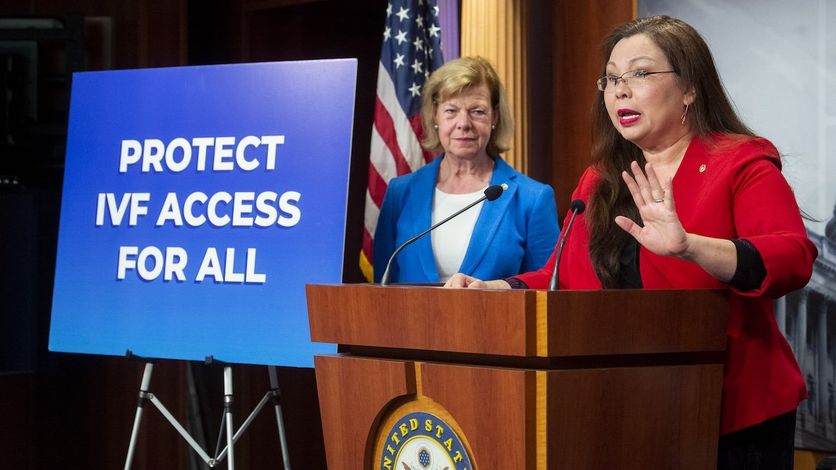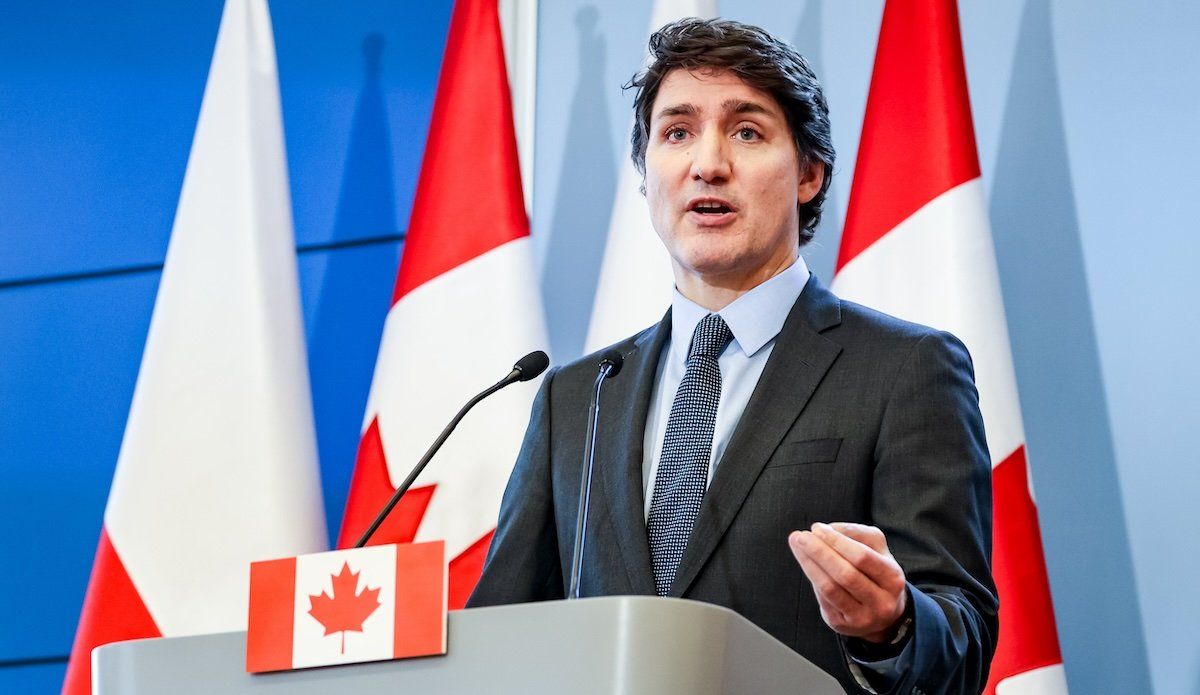Report: Freedom continued to erode in 2023
Hong Kong and Tibet were among the worst hit. But Thailand, Fiji, Bhutan and Nepal improved.
By Alex Willemyns for RFA
2024.02.29
Washington

Louise Delmotte/AP
Freedom once again declined globally last year, according to a report by Freedom House released on Thursday, marking almost two decades of consecutive erosions recorded by the organization that has for the past 51 years graded the world on its freedoms.
The leading cause of the global drop was flawed elections and armed conflict, it said.
The annual report gives each country – and many disputed territories – a score from 1 to 100 using 25 specific indicators based on the U.N. Universal Declaration of Human Rights, and then declares them to be either “free,” “partly free” or “not free.”
In the Asia-Pacific, the freest countries or territories remained New Zealand (99), Japan (96), Australia (95) and Taiwan (94). The worst were China (9), Myanmar (8), North Korea (3) and Tibet (0). Both Myanmar and Tibet lost one point since last year’s report.
Over the past decade, though, Hong Kong has been the worst impacted among all jurisdictions in Asia. Only Nicaragua, Libya, Tanzania, Turkey, Burkina Faso and the disputed Eurasian territory of Nagorno-Karabakh have seen worse declines, the report says.

Yana Gorokhovskaia, research director for strategy and design at Freedom House, said the group deliberately separated out jurisdictions like Hong Kong given they were often home to the worst declines.
“In the last 10 years, the territory has declined by 26 points, [which is] more than a quarter of its entire score,” she said, adding that Freedom House had observed that “conflict over land, over sovereignty, over self determination have really imperiled political rights and civil liberties.”
“Among the biggest perpetrators of this repression is the Chinese Communist Party,” Gorokhovskaia said, linking Hong Kong to the situation in other disputed parts of China, including Tibet.
“In Tibet,” she said, “last year the CCP separated over a million children from their families and put them in state-run boarding schools, where … Chinese language and culture was forcefully inculcated.”
The report itself highlights Hong Kong and Tibet as “among the least free places on earth” due to the “exercise of unchecked power.”
Worsening picture
Globally, the “breadth and depth” of the decline in freedoms last year was significant, with political rights and civil liberties diminished in a total of 52 countries and improved in only 21.
“I wish I had better news to share,” Adrian Shahbaz, the vice president of research and analysis at Freedom House, said at the launch of the report, noting it was the 18th straight year of declines.
The last improvement was recorded in the report for 2004.
A relatively slower rate of decline in freedoms recorded in last year’s report created hope “for a possible turning point in global freedom” in 2023 but, in the end, that was not to be, Shahbaz explained.
In fact, the 52 countries that saw declines last year accounted for 22% of the world’s population, he said, while the 21 countries that saw improvements “translates to only 7% of the global population.”
“That's the lowest since the current decline began in 2005,” he said.
Elections and freedom
The general decline in freedom around the world was “driven by attacks on pluralism,” which it defines as the peaceful coexistence of people with different political ideas, religions or ethnic identities.

“Ongoing attacks on pluralism have the potential to fuel voter apathy, further division, and even violence, as they undercut the promise that democracy can deliver for everyone and that diversity of political ideas, belief, and ethnicity is a source of strength,” the report says.
“If democracies do not respond to these challenges, more of the world’s people will be denied fundamental freedoms in 2025,” it says.
Thailand and Myanmar, for instance, were the 20th and 21st worst impacted over the past decade, the report says, having both suffered from military coups in 2014 and 2021 and, in the case of Thailand, the 2017 rewriting of the constitution by the military government.
But Thailand, which held elections that led to a change of government last year, improved slightly in this year’s report and “edged over the line from Not Free to Partly Free thanks to more competitive elections,” even though a military-drafted constitution limited their scope.
Improvements
By contrast, the report lauds Fiji, Bhutan and Nepal as being among few countries in the world where “there were several meaningful improvements” due to the reintroduction of meaningful elections.
Fiji, it says, “experienced the world’s largest score improvement for 2023 thanks to a smooth transfer of power after watershed elections in late 2022,” helping reverse a downward trend since a 2006 coup.
“In Nepal,” it adds, “a new amendment to the Citizenship Act allowed more than 400,000 stateless individuals born in Nepal to officially become Nepali citizens and participate in the country’s politics.”
It also notes Bhutan, a country of about 730,000 lying between India and China just to the west of Nepal, held competitive elections last year that “featured robust competition among five different parties.”
The rise of a new party, it adds, and “the defeat of two well-established parties marked a step forward for political pluralism in the kingdom, where freedom has been steadily improving over the past decade.”
Finally, the report highlights Taiwan, the self-governing island claimed as sovereign territory by China, as a beacon of democracy, having organized competitive elections in January this year that even saw the emergence of a new parliamentary challenger to the government.
Supporting democracy
Despite all the bad news, Gorokhovskaia said Freedom House believed the report’s focus on elections contained key lessons for advocates for freedom around the world – especially in a year where nearly half the world’s population is set to head to the polls.
“In this unprecedented year of elections, the most important thing that democracies can do,” she said, “is commit to free and fair elections at home and stand up for the same abroad – that means quickly and forcefully condemning coups, power grabs, any efforts to manipulate elections, as well as any efforts to deny the outcome of elections.”
“Democratic government must champion international law and be advocates of the peaceful resolution of conflict,” she added.
